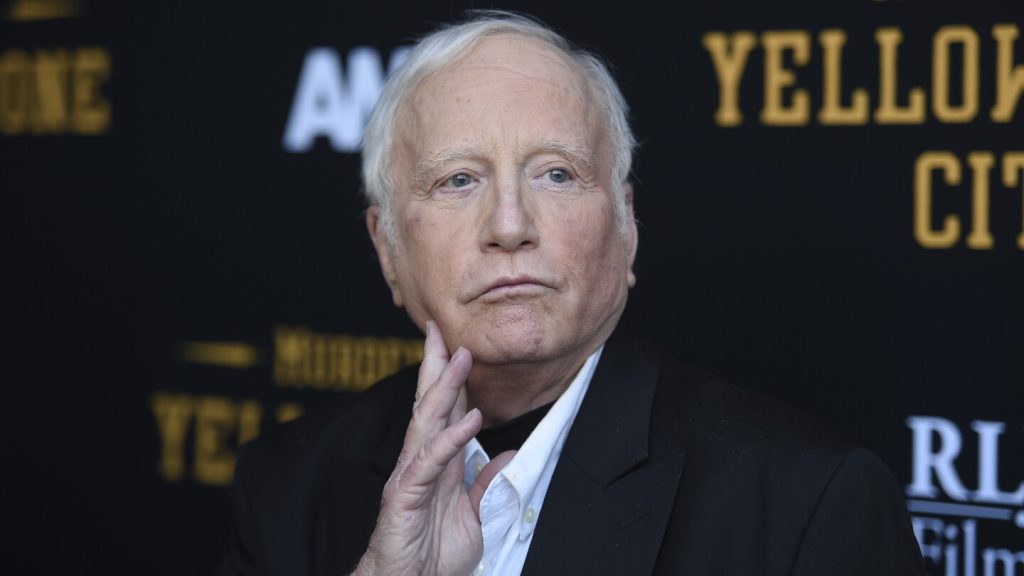In Beverly, Massachusetts, actor Richard Dreyfuss made controversial remarks during a “Jaws”-themed event at The Cabot venue. Dreyfuss, known for his role in the 1975 blockbuster movie “Jaws,” appeared on stage wearing a dress, which was later removed, and made derogatory comments about women, LGBTQ+ individuals, and diversity. Some audience members walked out in response to his remarks about women in film, #MeToo movement, transgender youths, LGBTQ+ rights, and the Academy Awards’ inclusivity efforts. Dreyfuss expressed his displeasure towards the academy’s diversity initiatives, stating that they made him “want to vomit.”
Despite receiving applause for discussing his book and the lack of civics education in classrooms, Dreyfuss faced backlash for his inappropriate remarks during the event. The Cabot venue issued an apology for the actor’s comments, stating that they did not endorse his opinions and that they were not in line with the venue’s values of inclusivity and respect. The venue’s executive director did not immediately respond to inquiries, and representatives for Dreyfuss were unreachable. The statement from The Cabot expressed regret for the distress and offense caused by Dreyfuss’s remarks to the community.
Dreyfuss concluded the question-and-answer session by highlighting the importance of civics education in shaping national identity and warned of the consequences of its absence. He emphasized the need to regain an understanding of the country’s heritage and values to prevent detrimental outcomes. Despite this attempt at redeeming his comments, Dreyfuss faced criticism for his earlier statements on women, LGBTQ+ individuals, and diversity issues. The controversial nature of his remarks and attire during the event led to mixed reactions from the audience and subsequent public outrage.
The incident involving Richard Dreyfuss at The Cabot event sparked discussions about tolerance, diversity, and respect in public appearances by celebrities. Dreyfuss’s insensitive remarks regarding various marginalized groups highlighted a broader issue of discrimination and prejudice in society. The venue’s swift apology and disavowal of the actor’s comments reflected a commitment to promoting inclusivity and addressing offensive behavior. The controversy surrounding Dreyfuss’s appearance served as a reminder of the responsibility that public figures have in fostering understanding and respect for all individuals.
As the news of Richard Dreyfuss’s controversial appearance at The Cabot event spread, it elicited strong reactions from audiences and social media users. Many condemned his remarks as tone-deaf and offensive, while others defended his right to express his opinions, however unpopular they might be. The incident raised questions about the boundaries of free speech, especially in relation to public figures like Dreyfuss, who hold influence over their audience. The aftermath of the event served as a moment of reflection on the importance of respectful dialogue and the impact of celebrity behavior on societal attitudes.


